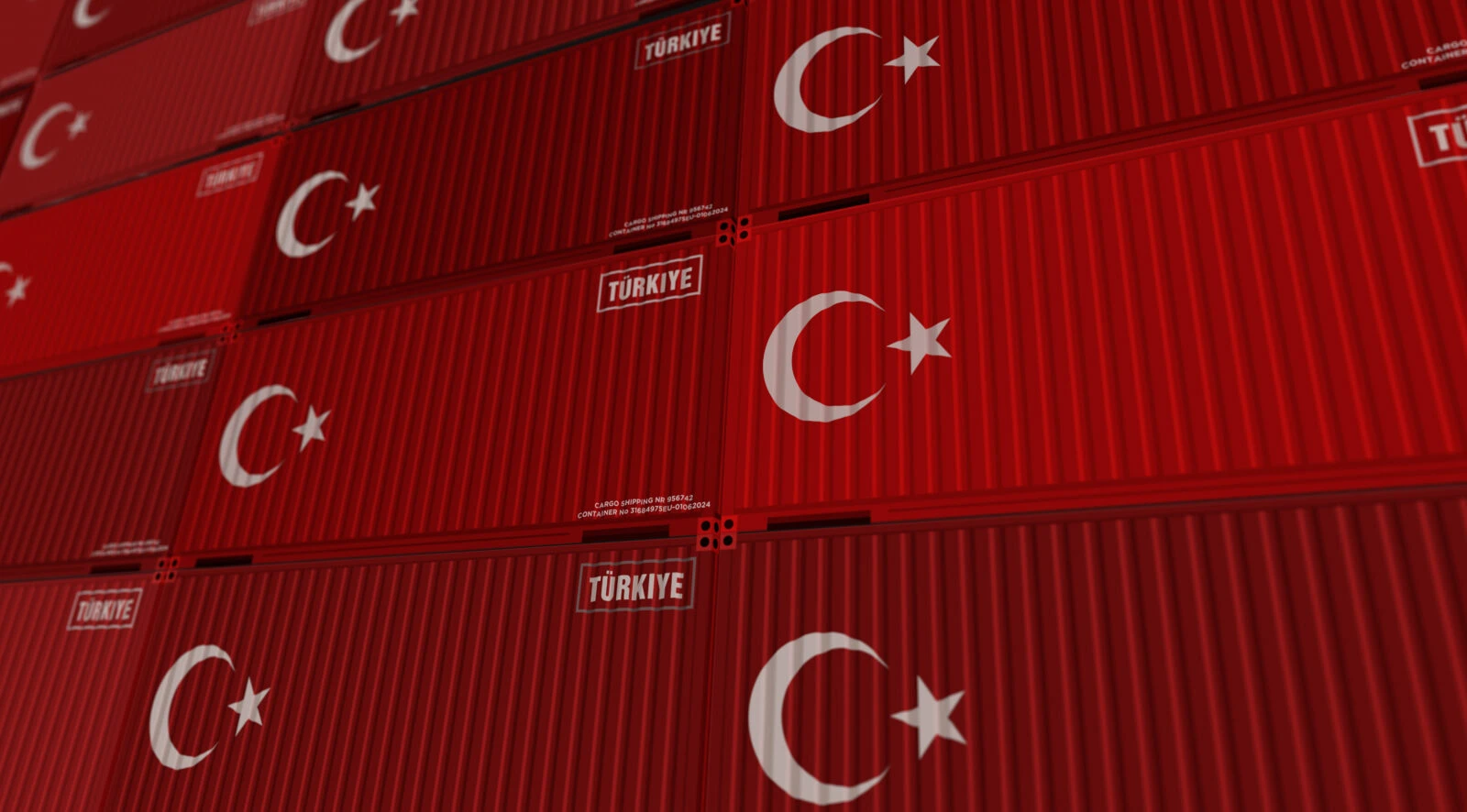Turkish market’s potential shines while Trump tariffs stir global trade concerns
 U.S. President Donald Trump speaks to the press after signing an executive order in the Oval Office of the White House in Washington, DC, on Feb. 10, 2025. (AFP Photo)
U.S. President Donald Trump speaks to the press after signing an executive order in the Oval Office of the White House in Washington, DC, on Feb. 10, 2025. (AFP Photo)
While U.S. President Donald Trump’s additional tariffs continue to spark concerns in global trade and markets, the Turkish market remains one of the leading emerging markets, offering new opportunities.
Timothy Scott, a faculty member at Sabanci University in Türkiye, in an interview with the Turkish news outlet bigpara.hurriyet.com.tr, highlighted the growing interest of American companies in Türkiye following Trump’s tariffs on China.
“Although President Recep Tayyip Erdogan and Trump have expressed their desire to double the trade volume between the two countries, companies need the right conditions to achieve this. The tariffs imposed by the U.S. and the EU on China could steer companies toward outsourcing in Türkiye, and early signs of this trend are already visible,” Scott said.

US retail giant Walmart eyes Turkish market
Scott highlighted that Walmart, which generates $648 billion in annual revenue and produces 70%-80% of its goods in China, could face direct price increases due to these tariffs.
“This could significantly impact sectors reliant on consumer spending. Chinese firms are unwilling to set up manufacturing plants in the U.S., and with no incentives from the U.S. government, the only option left is for American companies to bring production back home,” he said.
However, Scott argued that this scenario is economically unfeasible given the 4% unemployment rate in the U.S. and the average annual wage of $200,000 for unionized auto factory workers.
“Take Apple, for instance. With a net profit of $94 billion, it outsources all its production to Taiwan-based Foxconn in China. Although Apple plans to open new facilities in India through Foxconn, the process is progressing slowly. Meanwhile, Walmart began exploring outsourcing opportunities in Türkiye after growing concerned about Trump’s tariff policies,” he explained.
He added that Walmart and other U.S-based firms view Türkiye as a more logistically advantageous hub compared to China and have begun exploring outsourcing opportunities.

Plans of Chinese auto giants for Türkiye’s free trade advantages
Scott also warned that certain industries might suffer under these policies, potentially affecting Türkiye as well. “The EU’s push to mandate electric vehicles in the near future is already hitting the automotive industry in Europe hard. Volkswagen has announced plans to lay off more than 30,000 employees. As a major automotive producer, Türkiye could also feel the negative effects of this shift,” he said.
Scott also pointed to Trump’s focus on not just China but also the North American Free Trade Agreement (NAFTA), a free trade agreement between the U.S., Canada, and Mexico. “There are manufacturing plants in Mexico entirely operated by Chinese firms exporting directly to the U.S. while benefiting from NAFTA’s advantages. A similar situation is unfolding in Türkiye,” he said.
“For instance, BYD is reportedly planning a $1 billion investment in Türkiye, and Chery has begun negotiations to open a production facility here. The primary motive behind these investments is to circumvent potential EU tariffs and regulations on Chinese goods while leveraging Türkiye’s free trade agreement with the EU,” Scott elaborated.



